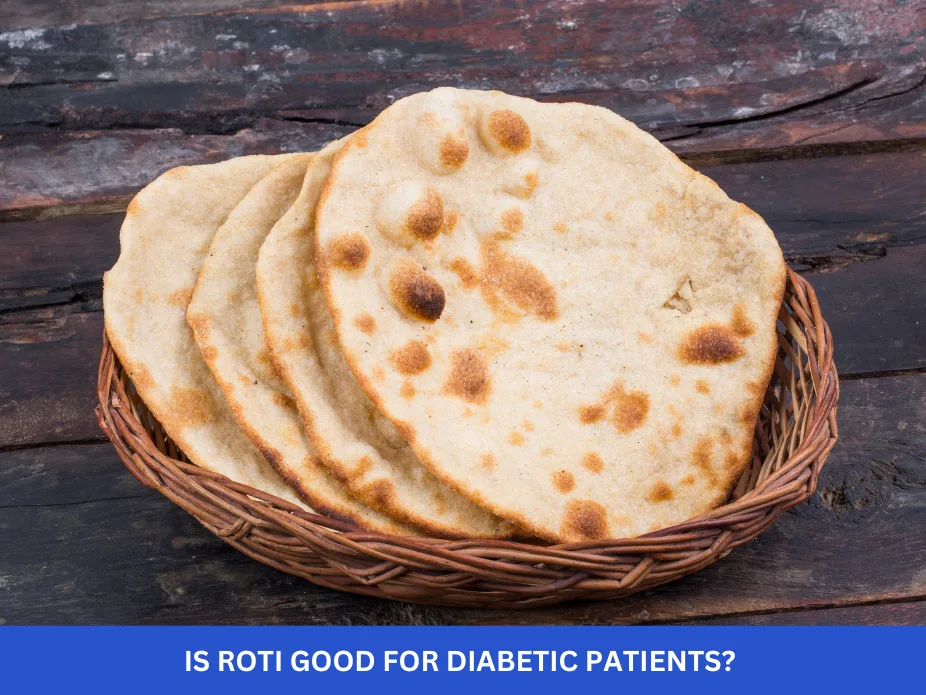Pregnancy is an exciting and sometimes confusing time, especially during the early stages when signs and symptoms are often subtle. One of the things many people wonder about is whether it’s possible to detect pregnancy by simply checking your pulse. While there isn’t a definitive, scientifically-proven method to determine pregnancy solely by checking your pulse, changes in pulse rate and other factors can provide some clues.
In this article, we’ll explore the connection between pregnancy and pulse rate, how pulse changes during pregnancy, and other methods to confirm pregnancy. We’ll also answer some common questions surrounding this topic to give you a well-rounded understanding.
What Is Pulse and How Is It Measured?
Your pulse is the number of heartbeats per minute (BPM). It can be felt by placing your fingers on areas of your body where an artery is close to the surface, like your wrist or neck. Checking your pulse rate helps doctors monitor your heart health, but it can also provide insight into other aspects of your body’s function, such as your pregnancy.
To measure your pulse, place your index and middle fingers on one of the following areas:
- Wrist: On the inside of your wrist, just below your thumb.
- Neck: On either side of your windpipe.
- Top of your foot: Where the pulse can be felt.
Once you find your pulse, count the number of beats for 60 seconds. Alternatively, you can count for 30 seconds and double the result to get your beats per minute (BPM).
Normal Pulse Rate
The normal resting pulse rate for adults typically ranges from 60 to 100 beats per minute. However, several factors, including activity levels, stress, medications, and pregnancy, can influence your pulse.
Does Pregnancy Affect Your Pulse Rate?
Yes, pregnancy can cause changes in your pulse rate. In the early stages, hormonal shifts affect your body’s cardiovascular system, leading to an increase in blood volume and an increased heart rate.
How Does Pulse Rate Change During Pregnancy?
Here are some common pulse rate changes you may experience during pregnancy:
- Increased Resting Heart Rate: Early on in pregnancy, most women will experience an increase in their resting heart rate. This increase can range from 10 to 20 beats per minute. This is because your body is pumping more blood to supply the growing fetus with oxygen and nutrients.
- Blood Volume Increase: Pregnancy leads to an increase in blood volume by about 50%. As a result, the heart works harder to circulate the extra blood, which can elevate your pulse.
- Hormonal Influence: Hormones like progesterone cause blood vessels to relax, leading to a decrease in blood pressure. In response, the heart may pump faster to maintain healthy blood flow to the baby.
When Does Pulse Rate Increase During Pregnancy?
Most women experience an increase in pulse rate during the first trimester of pregnancy. This typically continues into the second trimester but may stabilize as the pregnancy progresses. By the third trimester, the pulse rate may return closer to pre-pregnancy levels, although it remains elevated compared to non-pregnant individuals.
How to Check Your Pulse for Pregnancy Signs
While measuring your pulse isn’t a reliable or definitive method to confirm pregnancy, changes in pulse rate can be a useful sign when combined with other symptoms. If you suspect you might be pregnant and notice an elevated heart rate, it could be one of the early signs of pregnancy.
Here’s how you can check your pulse to monitor any changes:
Step-by-Step Guide to Checking Your Pulse:
- Find a Comfortable, Quiet Space: Sit or lie down in a calm, quiet place where you can relax. Make sure you’re not engaging in any physical activity, as this can cause your pulse to increase.
- Locate Your Pulse: Place your fingers on the inside of your wrist or on the side of your neck to locate your pulse.
- Count Your Heartbeats: Count the number of heartbeats for 60 seconds. Alternatively, count for 30 seconds and multiply by two.
- Track Changes Over Time: If you’re concerned about a significant change in your pulse rate, track it over several days or weeks. Keep in mind that pregnancy-related changes may not be noticeable right away.
- Consult a Doctor: If you notice a consistent increase in pulse rate combined with other early pregnancy symptoms, it’s a good idea to consult with a healthcare provider. They can confirm your pregnancy with a more reliable test, such as a home pregnancy test or blood test.
Early Signs of Pregnancy to Look for Alongside Pulse Changes
While checking your pulse might give you a hint, several other early pregnancy symptoms are more reliable indicators. These symptoms often occur in the first few weeks after conception and can help confirm your pregnancy.
1. Missed Period
One of the earliest and most obvious signs of pregnancy is a missed period. If your menstrual cycle is regular and you’ve missed your period, pregnancy is a likely cause.
2. Morning Sickness
Many women experience nausea and vomiting, especially in the morning, during the first trimester of pregnancy. This can occur due to hormonal changes and an increase in pregnancy hormones like hCG (human chorionic gonadotropin).
3. Tender Breasts
Hormonal changes also cause your breasts to become tender or swollen, a common early sign of pregnancy.
4. Frequent Urination
Pregnancy hormones increase blood flow to your kidneys, which causes your bladder to fill more often, leading to frequent urination.
5. Fatigue
Feeling more tired than usual is another common symptom in early pregnancy. This is due to increased progesterone levels and the body’s efforts to support the pregnancy.
6. Heightened Sense of Smell
Many pregnant women notice a heightened sense of smell, which is linked to hormonal changes. Certain odors may become stronger or more unpleasant.
How Reliable is Using Pulse to Detect Pregnancy?
While an elevated pulse rate can be a sign of pregnancy, it’s not a reliable method of detection. There are other factors, such as stress, anxiety, physical activity, or underlying health conditions, that can also cause an increase in pulse rate. For example, you may experience a temporary increase in pulse rate due to emotional stress or after eating a large meal.
It’s important to remember that pulse changes alone cannot definitively confirm pregnancy. A missed period and a positive home pregnancy test are much more reliable methods for confirming pregnancy.
When to Seek Medical Advice
If you notice significant changes in your pulse or other symptoms and suspect you might be pregnant, it’s always best to consult with your healthcare provider. They can perform more reliable tests like a blood test or an ultrasound to confirm your pregnancy.
Other Methods for Confirming Pregnancy
There are several reliable ways to confirm pregnancy, and they offer more accurate results than checking your pulse.
1. Home Pregnancy Test
A home pregnancy test is the most common and convenient method for confirming pregnancy. These tests detect the presence of the hormone hCG in your urine, which is produced during pregnancy.
2. Blood Test
A blood test conducted by a doctor is more sensitive than a urine test and can detect pregnancy earlier. Blood tests can measure the exact amount of hCG in your system, providing more detailed information.
3. Ultrasound
An ultrasound is the most definitive way to confirm pregnancy and check for fetal development. It allows your doctor to visualize the fetus and confirm the pregnancy’s location, as well as monitor its growth.
FAQs About Finding Pregnancy by Pulse
1. Can I rely on my pulse to confirm pregnancy?
While changes in pulse rate can indicate pregnancy, it is not a reliable method of confirmation. A missed period and a positive pregnancy test are much more accurate indicators.
2. How much does pulse rate increase during pregnancy?
Your pulse may increase by 10 to 20 beats per minute in early pregnancy. However, this increase can vary from woman to woman and can be influenced by several factors.
3. What other symptoms indicate pregnancy besides pulse changes?
Other common symptoms of pregnancy include a missed period, morning sickness, breast tenderness, frequent urination, fatigue, and heightened sense of smell.
4. Can stress cause a high pulse rate?
Yes, emotional stress and anxiety can cause a temporary increase in pulse rate. It’s important to differentiate between normal pulse rate fluctuations and those related to pregnancy.
5. When should I see a doctor to confirm pregnancy?
If you suspect you’re pregnant, take a home pregnancy test and consult your healthcare provider. They can confirm your pregnancy with a blood test or ultrasound for accurate results.
Conclusion
While it’s interesting to consider whether pregnancy can be detected by changes in pulse, it’s not a reliable method of confirming pregnancy. However, an elevated pulse rate can be one of many early signs that might suggest pregnancy, especially when combined with other symptoms. For a definitive answer, it’s always best to rely on a home pregnancy test or visit your doctor for further confirmation. Early detection of pregnancy ensures that you can begin prenatal care and take the necessary steps to support both your health and the health of your baby.


